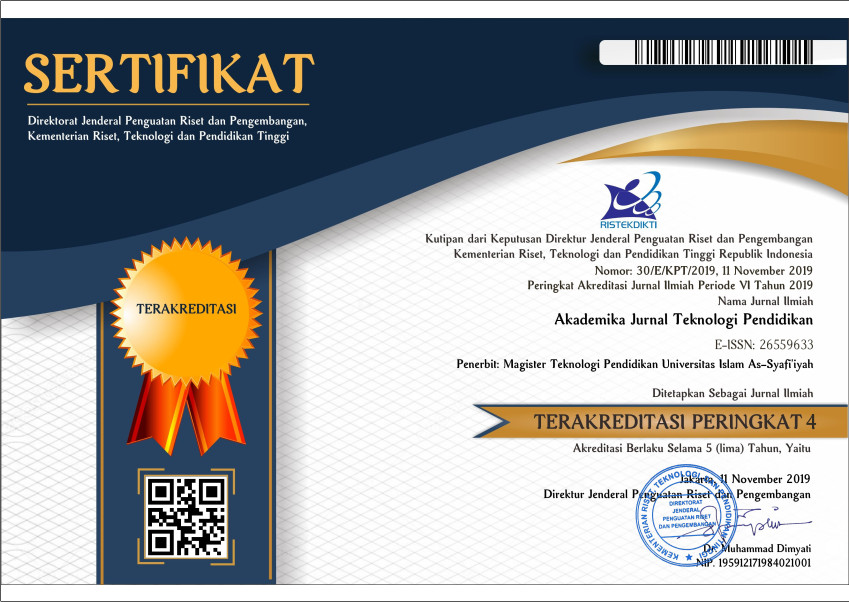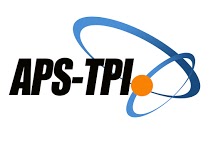EDUCM SEBAGAI APLIKASI EDUKASI MERANCANG KARYA MINI RISET BERBASIS CASE METHOD
Abstract
Application called EduCM, which is designed to provide education to students on how to develop case-method-based lecture assignments.. The research method used is the descriptive qualitative method with the ADDIE model (Analyze Design, Development, Implementation, and Evaluation), the research sample being students from the PPKn Department, FIS UNIMED. Data collection tools include observation, questionnaires, and test techniques. Data analysis used Miles and Hubermann's data analysis to analyze data from field observations. The orientation of the results will focus on the influence of EduCM to assist students in developing lecture assignments, in this case, mini-research based on the Case Method. The results showed that from the total sample taken, namely 126 students with a population of 187 students majoring in PPKn and FIS at UNIMED, there was a significant increase from the initial observation data related to understanding and the ability to develop case-based scientific papers. The result is that 80.16% of students fall into the category of "very good understanding," with indications of understanding the basic concepts of scientific work, the nature of the case method, and being skilled at developing case method-based scientific papers. whereas in the initial observation, the category of "very good" was even 0% and even 79, 37% in the "poor" category, and 15.87% in the "bad" category, with indications of not understanding the three indications of the "very good" category. Then the results also show 13.49% in the "good" category, 6.35% in the "enough" category, and 0% in the "bad" category
This work is licensed under a Creative Commons Attribution 4.0 International License.
Authors who publish with this journal agree to the following terms:
- Authors retain copyright and grant the journal right of first publication with the work simultaneously licensed under a Creative Commons Attribution License that allows others to share the work with an acknowledgement of the work's authorship and initial publication in this journal.
- Authors are able to enter into separate, additional contractual arrangements for the non-exclusive distribution of the journal's published version of the work (e.g., post it to an institutional repository or publish it in a book), with an acknowledgement of its initial publication in this journal.
- Authors are permitted and encouraged to post their work online (e.g., in institutional repositories or on their website) prior to and during the submission process, as it can lead to productive exchanges, as well as earlier and greater citation of published work (See The Effect of Open Access).









